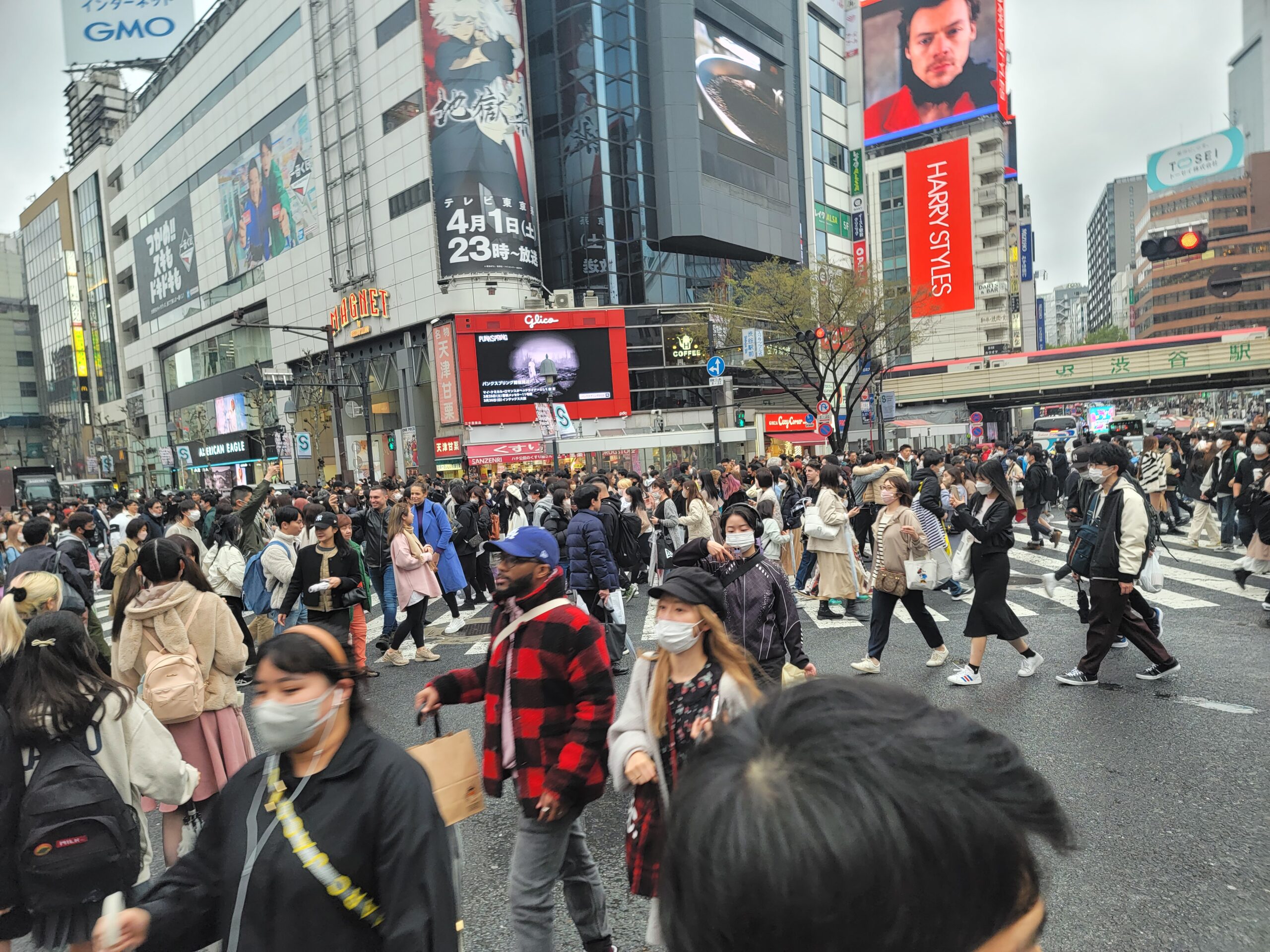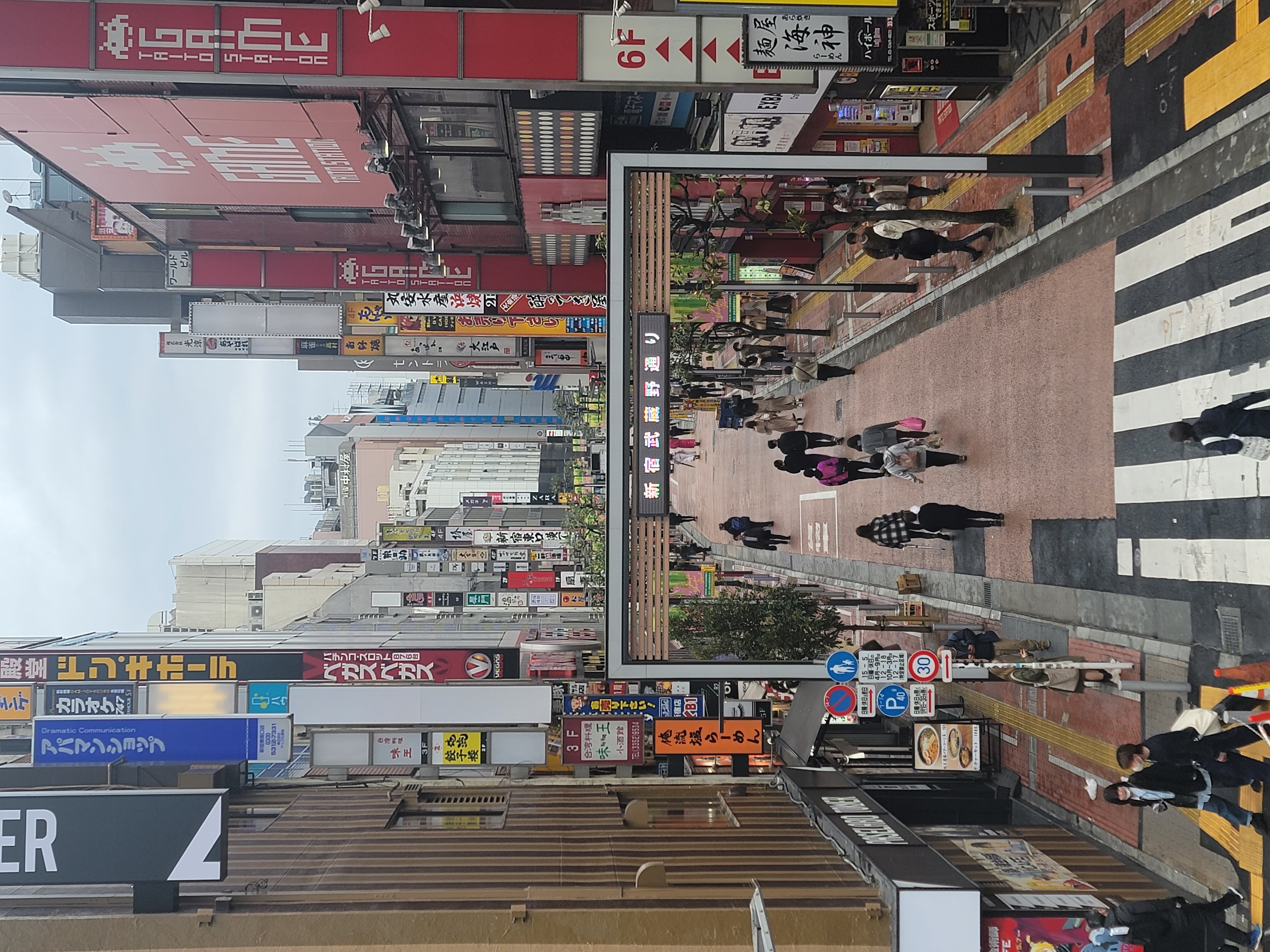
日本の仕事文化(Japanese Work Culture)
Throughout my time here, whether it be with my Japanese friends or just by being out in Tokyo, I have seen just how much Japanese work culture permeates daily life. Whenever I would talk to my friends, work-related matters would come up in the conversation. Through these conversations and my observations, I got to learn so much about what work is like in Japan. The big things that I noticed are how much people work in Japan and how people dress for work.
When it comes to time, working in Japan is tough. The hours can be very grueling. In the US, overtime can be seen as a good thing. Many Americans will be glad to be offered overtime as they can get paid more. In Japan, it is not viewed as the same. One of the things I have been told by my Japanese friends is that overtime(残業) is often too much in Japan. Many have said that the hours they work and the salary that they get don’t really match up. I noticed that even in my dorm.
Out of curiosity, I asked my friends who are RAs here in the dorm about their job. Unlike RAs in the US, they don’t actually get paid for their job. Instead, they are given a 10-20% discount towards the dorm rent for doing their job. In USD, that is less than $200 a month. Yet, they work so much. Many of my friends often can’t hang out with me because they have to work. They have to attend mandatory meetings, plan things related to the dorms on their own time, hold sessions with residents, do some cleaning and basically do anything the university requests they do related to the dorms. Remember, they are students as well. To put that into perspective, an RA that is no longer working here was often seen asleep late at night in one of the common areas of the dorm with his laptop in his hand. Why? Because he was always either studying or doing RA-related duties.
Going back to overtime, working beyond your regular hours does not mean you will get paid for said hours. In the US, if you are offered overtime, you get paid for that time. Here, there are some unspoken rules that make it difficult for people to not work as much. One of them is that people feel like they cannot leave their job before the boss(上司より�
�に帰れないのは暗黙のルール). Oftentimes, people will be done with their job but sit in their spot and not dare leave because their boss is still there. However, the boss often stays late so as a result nearly everyone else stays late. They do not get paid for staying. Technically, they can leave. But if they do, they might be asked by others why they left the boss and they might not be considered for any potential promotions as they aren’t seen as hardworking.
In Japan, there is a very strict dress code when it comes to work. It is called business casual(ビジネスカジュアル) or office casual(オフィスカジュアル). For men, this means slacks, dress shoes, and a dress shirt at minimum. For women, this is also included but usually, they wear a skirt instead of slacks. In addition, they have to do their makeup and hair a certain way. Even in a place like McDonald’s, you will find the employees dressed this way. It is very rare to find a workplace where the employees are dressed in a less formal way. So, walking around Tokyo, you will find many people in suits and business casual. Many of the women I have met do not like the dress code they have to follow for work. They are expected to do much more than men. The skin on their legs has to be clear and smooth, they need to have makeup on, and they have to style their hair in certain ways. This takes a lot of time and works for them.
Of course, there are plenty of other things in Japan, but these are some of the big ones I noticed. What do you think?

